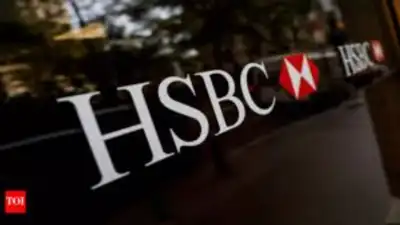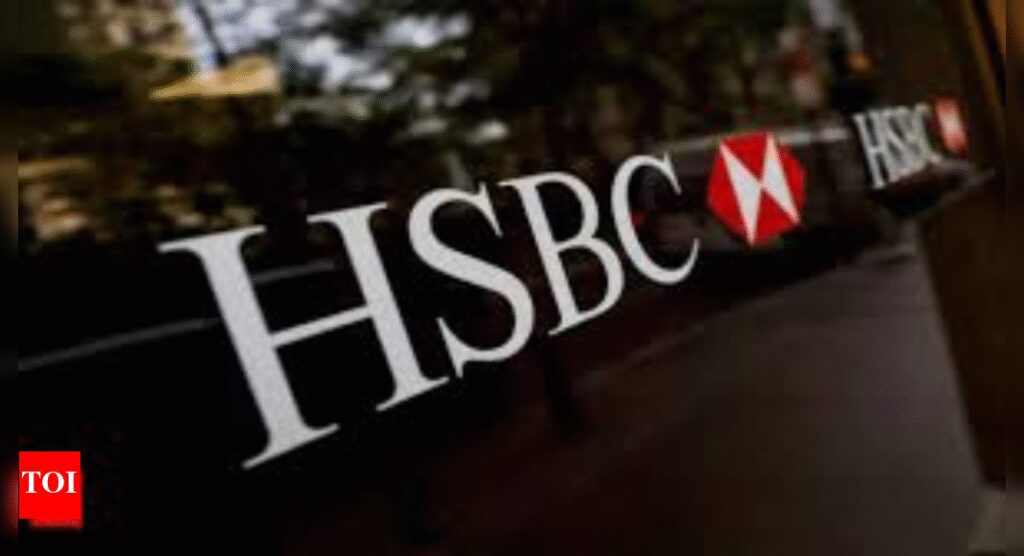
Widespread adoption of Artificial Intelligence (AI) by US corporates could help offset the financial impact of tariffs, HSBC said in a new report, highlighting how technology is driving efficiency and reshaping business operations.The report analysed 44 S&P 500 companies and found that firms achieved median cost reductions of 1.5 per cent, alongside average productivity gains of 24 per cent. HSBC noted that a modest 1 per cent aggregate cost saving through AI could neutralize nearly 25 per cent of the burden from a 20 per cent effective tariff, according to ANI.“Tariffs are creating pressure on margins but also accelerating the adoption of AI, enabling companies to streamline costs and enhance competitiveness,” the report said. It suggested that AI could play a significant role in sustaining corporate profits and earnings per share while mitigating external shocks.HSBC compared the tariff-driven shift to the operational changes companies undertook during the COVID-19 pandemic. Firms are increasingly using AI to automate processes, manage costs, and adapt to evolving market conditions.Survey data from the Census Bureau showed AI usage among US companies rising by 50 per cent since 2016, with adoption particularly high among larger firms. During Q2 earnings calls, 60 per cent of S&P 500 companies reported leveraging AI for operational purposes.The report also noted that while AI adoption improves efficiency, it may reduce reliance on labor, which accounts for 17 per cent of operating costs across the S&P 500, and even higher in software services and commercial sectors.HSBC concluded that corporates are using AI not only as a cost-management tool to withstand tariff pressures but also as a strategic lever to modernize operations for the long term.











